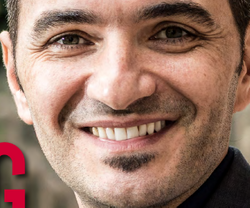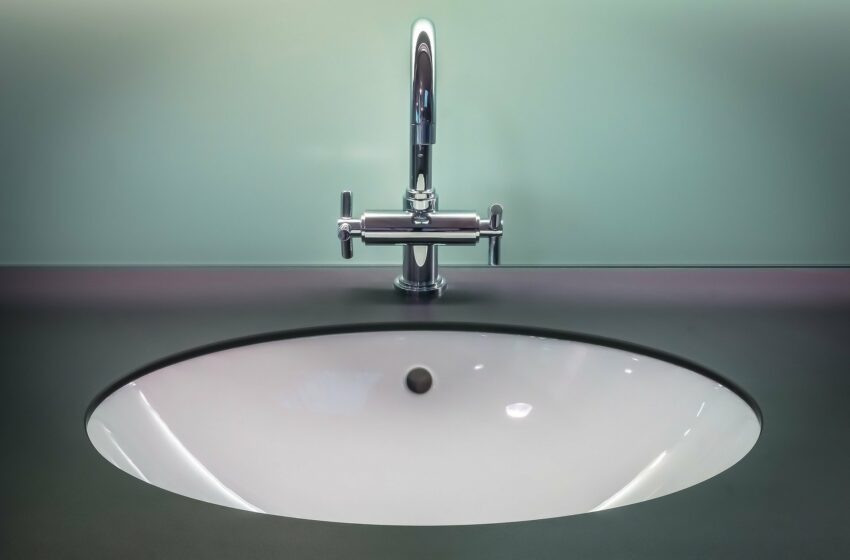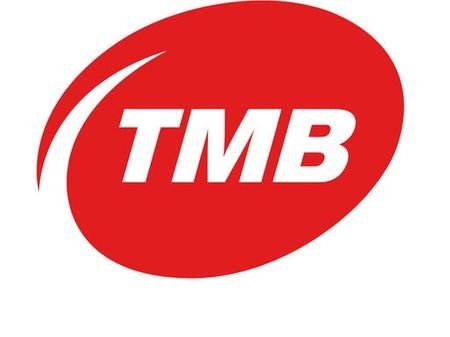Upping your game

As in-house lawyers increasingly take a more strategic role in the companies they work for, the need for more managerial and professional training is paramount – this will be one of the main priorities for the new European headquarters of the Association of Corporate Counsel (ACC)
 The burden being placed on in-house lawyers is growing significantly. In the past, a company may have largely only consulted its legal department when it needed to resolve compliance or regulatory matters for example, but now companies also want their general counsel to advise them on ways to grow the business. Taking on a more strategic role may be daunting for some in-house lawyers, but help is at hand. From its new European headquarters, the Association of Corporate Counsel (ACC) will aim to serve the needs of members in Europe. Resisting the charm of ́The Old Continent’ proved impossible for the US-headquartered Association of Corporate Counsel. After 25 years of activity in Europe – conducted with the help of volunteers – the ACC, which represents more than 45,000 in-house counsel employed by more than 10,000 organizsations in 85 countries, announced the opening of its first European office in Brussels.The ACC views the new office as a hub from which it can direct and coordinate all the organisation’s activities in Europe. The office has been established in Brussels, at the beating heart of the continent’s institutions. The office will be led by managing director Giuseppe Marletta (pictured), who was formerly general manager at AIJA, the International Association of Young Lawyers. Born in 1979 in Catania, Italy, Marletta has worked for a number of international associations. “For several years I worked for associations from Italy, managing European projects on cultural exchanges, training young people in the field of tolerance and intercultural dialogue,” he says. In 2008, he moved to Brussels and started working for Epto (European Peer Training Organisation), an association that deals with intercultural training. He later moved to Interel, a global association management consultancy, before joining AIJA. Marletta explains that, at AIJA, he was on the “opposite sides of the barricades, dealing with outside counsel and now, at ACC, I will work with in-house counsels”. We met him in order to better understand his role and discuss the main challenges and priorities for European in-house lawyers.
The burden being placed on in-house lawyers is growing significantly. In the past, a company may have largely only consulted its legal department when it needed to resolve compliance or regulatory matters for example, but now companies also want their general counsel to advise them on ways to grow the business. Taking on a more strategic role may be daunting for some in-house lawyers, but help is at hand. From its new European headquarters, the Association of Corporate Counsel (ACC) will aim to serve the needs of members in Europe. Resisting the charm of ́The Old Continent’ proved impossible for the US-headquartered Association of Corporate Counsel. After 25 years of activity in Europe – conducted with the help of volunteers – the ACC, which represents more than 45,000 in-house counsel employed by more than 10,000 organizsations in 85 countries, announced the opening of its first European office in Brussels.The ACC views the new office as a hub from which it can direct and coordinate all the organisation’s activities in Europe. The office has been established in Brussels, at the beating heart of the continent’s institutions. The office will be led by managing director Giuseppe Marletta (pictured), who was formerly general manager at AIJA, the International Association of Young Lawyers. Born in 1979 in Catania, Italy, Marletta has worked for a number of international associations. “For several years I worked for associations from Italy, managing European projects on cultural exchanges, training young people in the field of tolerance and intercultural dialogue,” he says. In 2008, he moved to Brussels and started working for Epto (European Peer Training Organisation), an association that deals with intercultural training. He later moved to Interel, a global association management consultancy, before joining AIJA. Marletta explains that, at AIJA, he was on the “opposite sides of the barricades, dealing with outside counsel and now, at ACC, I will work with in-house counsels”. We met him in order to better understand his role and discuss the main challenges and priorities for European in-house lawyers.
HOW ACC WORKS
Within the association there is a staff of around 100 people working from headquarters in Washington, Hong Kong and Australia and reporting to the ACC global board, made up of association members.The staff work in different departments: International membership, which deals with the recruitment of new members, both individuals and companies; Legal resources, which collects and takes care of content offered to members through the website (more than 40,000 resources including articles, executive summaries, reports, contracts and templates); Legal operation, which supervises and optimises legal services delivery and helps mitigate risks; Marketing and Events; and Public relations and communication.The association is divided into separate “chapters” at a regional level. ACC Europe, while reporting to the head office in Washington, independently manages its budget and has its own board, which directly coordinates national representatives.












